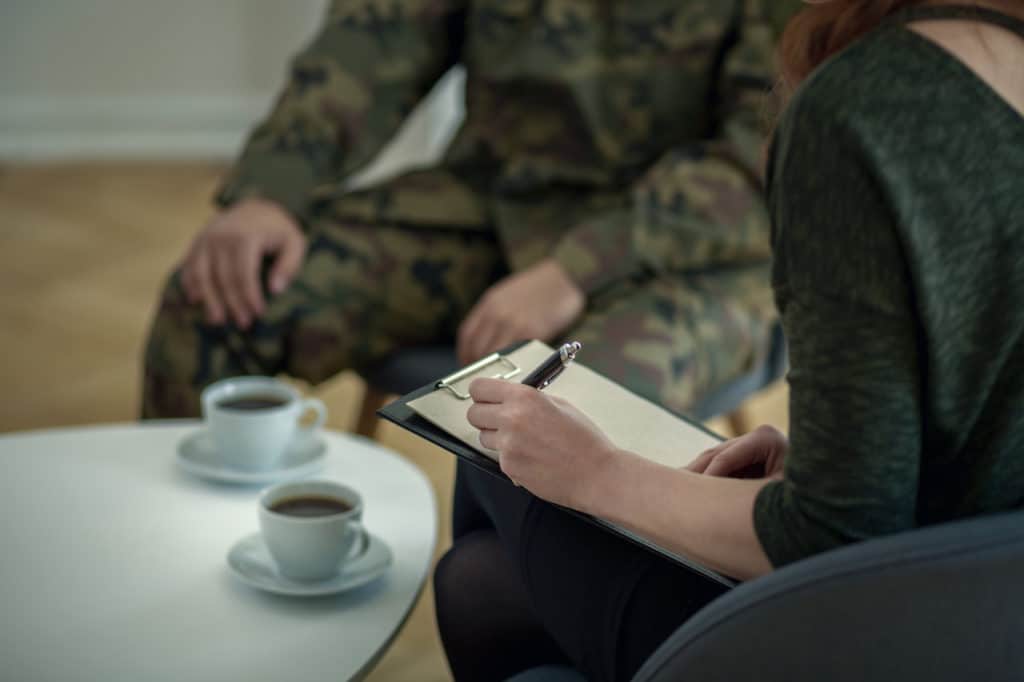The Council is excited to announce that we have received a generous contribution from the Bob Woodruff Foundation to provide recovery coaching, intensive case management, and clinical therapy to veterans and their families who are impacted by substance use and co-occurring mental health conditions. The grant is made possible by a partnership between the Bob Woodruff Foundation and the Qatar Harvey Fund to support veterans affected by Hurricane Harvey.

Through this grant, The Council will support at least 50 veterans and their families who were originally impacted by Hurricane Harvey and currently struggling with substance use and co-occurring mental health conditions in relation to the COVID-19 pandemic. Veterans and their families are disproportionately impacted by substance use and mental health disorders, and the current trauma only magnifies these problems and far exceeds many people’s ability to cope.
The Council is well-positioned to respond to these individuals, having hosted the 2019 Veterans Mental Health Summit, and participating on the City of Houston’s Mayor’s Challenge Committee to reduce suicide among veterans in our community. As always, this project will include treatment not only for veterans, but also their families.
For more information or to send a referral, please contact our Outreach Coordinator and Veteran Liaison at dsunday@councilonrecovery.org or at 281-200-9242.
